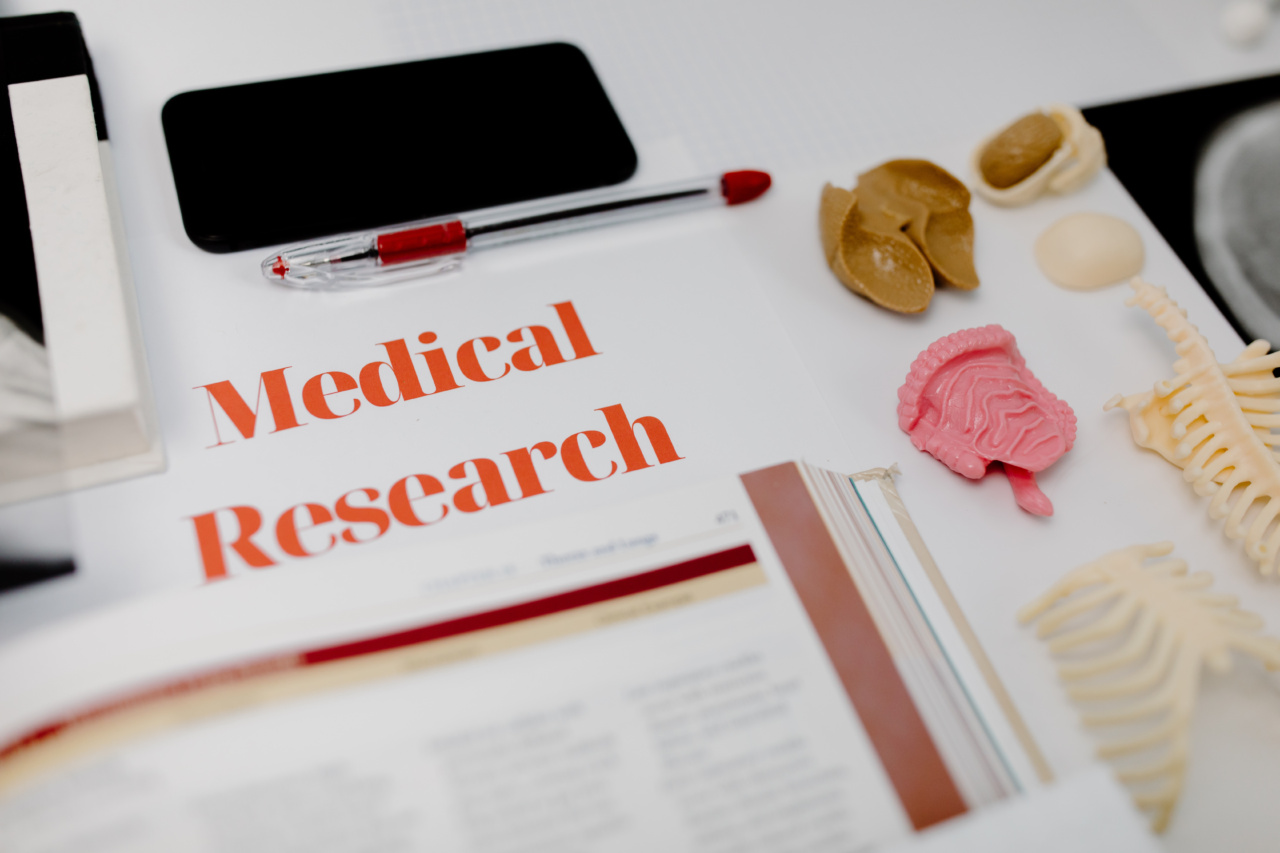Heart disease, also known as cardiovascular disease, refers to a number of diseases that affect the heart. The heart is a vital organ that pumps blood throughout the body, and any issue with it can have serious implications on our overall health.
According to the Centers for Disease Control and Prevention (CDC), heart disease is the leading cause of death for both men and women in the United States. However, many cases of heart disease can be prevented with early detection and treatment, which is why it is important to pay attention to the following heart symptoms:.
Chest Pain
Chest pain is one of the most common symptoms of heart disease. The pain may feel like pressure, tightness, or discomfort in the chest, and it may also spread to the arms, neck, or back. The pain may come and go, or it may be constant.
If you experience chest pain, it is important to seek medical attention immediately, as it can indicate a heart attack or other serious condition.
Shortness of Breath
Shortness of breath, or dyspnea, is another common symptom of heart disease. It may occur during physical activity, when lying down, or when suddenly waking up at night.
Shortness of breath may also be accompanied by a wheezing or gasping sound, and it may feel like you are unable to catch your breath. If you experience shortness of breath, it is important to talk to your doctor, as it can indicate a number of heart conditions.
Dizziness or Fainting
Dizziness or fainting can also be indicators of heart disease. These symptoms may occur suddenly and without warning, and they may be accompanied by nausea or sweating.
If you experience dizziness or fainting, it is important to seek medical attention immediately, as it can indicate a serious heart condition such as arrhythmia or heart valve disease.
Palpitations
Palpitations, or the feeling that your heart is racing, pounding, or fluttering, can also be a sign of heart disease. Palpitations may occur at rest or during physical activity, and they may be accompanied by chest discomfort or shortness of breath.
If you experience palpitations, it is important to talk to your doctor, as it can indicate a number of heart conditions.
Fatigue
Fatigue, or a feeling of tiredness or lack of energy, can also be a symptom of heart disease. Fatigue may occur suddenly and without warning, and it may be accompanied by weakness or difficulty doing everyday activities.
If you experience fatigue, it is important to talk to your doctor, as it can indicate a number of heart conditions.
Swelling
Swelling in the legs, ankles, or feet can be a sign of heart disease. It is important to note that not all swelling is a sign of heart disease, as it can be caused by other conditions such as pregnancy or injury.
However, if you experience swelling that is accompanied by shortness of breath or chest pain, it is important to seek medical attention immediately, as it can indicate a serious heart condition.
Cold Sweats
Cold sweats, or sudden sweating without exertion, can be a symptom of heart disease. Cold sweats may be accompanied by dizziness, shortness of breath, or chest pain.
If you experience cold sweats, it is important to talk to your doctor, as it can indicate a number of heart conditions.
Nausea and/or Vomiting
Nausea and/or vomiting can also be a sign of heart disease. These symptoms may occur suddenly and without warning, and they may be accompanied by dizziness or shortness of breath.
If you experience nausea and/or vomiting, it is important to talk to your doctor, as it can indicate a number of heart conditions.
Jaw, Neck, or Shoulder Pain
Jaw, neck, or shoulder pain can be a sign of heart disease, especially in women. These symptoms may occur suddenly and without warning, and they may be accompanied by chest pain or tightness.
If you experience jaw, neck, or shoulder pain, it is important to seek medical attention immediately, as it can indicate a heart attack or other serious condition.
Anxiety
Anxiety, or a feeling of unease or nervousness, can also be a symptom of heart disease. Anxiety may occur suddenly and without warning, and it may be accompanied by other symptoms such as chest pain or shortness of breath.
If you experience anxiety, it is important to talk to your doctor, as it can indicate a number of heart conditions.
With heart disease being the leading cause of death in the United States, it is important to pay attention to any symptoms you may be experiencing.
If you experience any of the above symptoms, it is important to seek medical attention immediately, as early detection and treatment can help prevent serious complications.


























